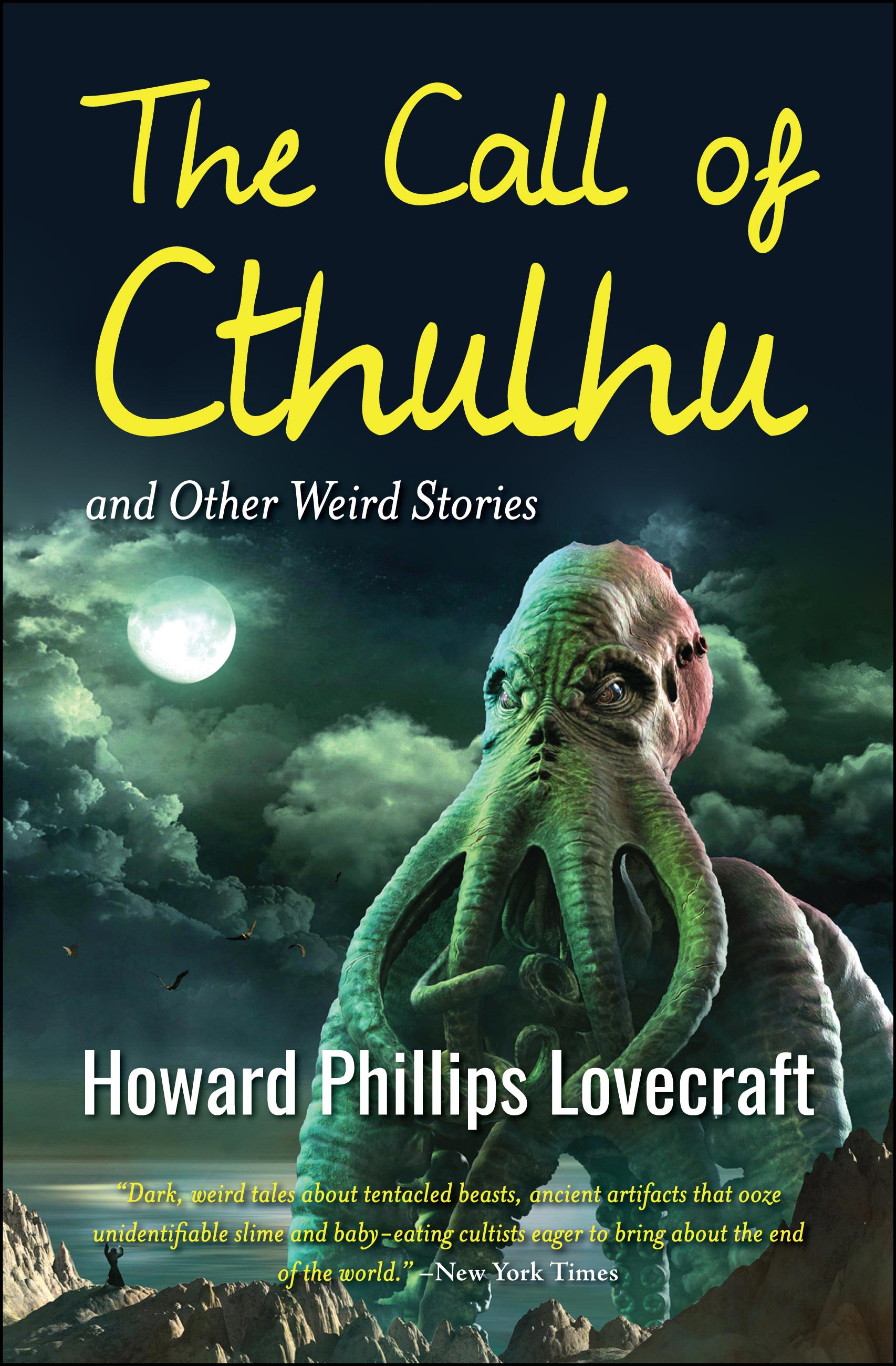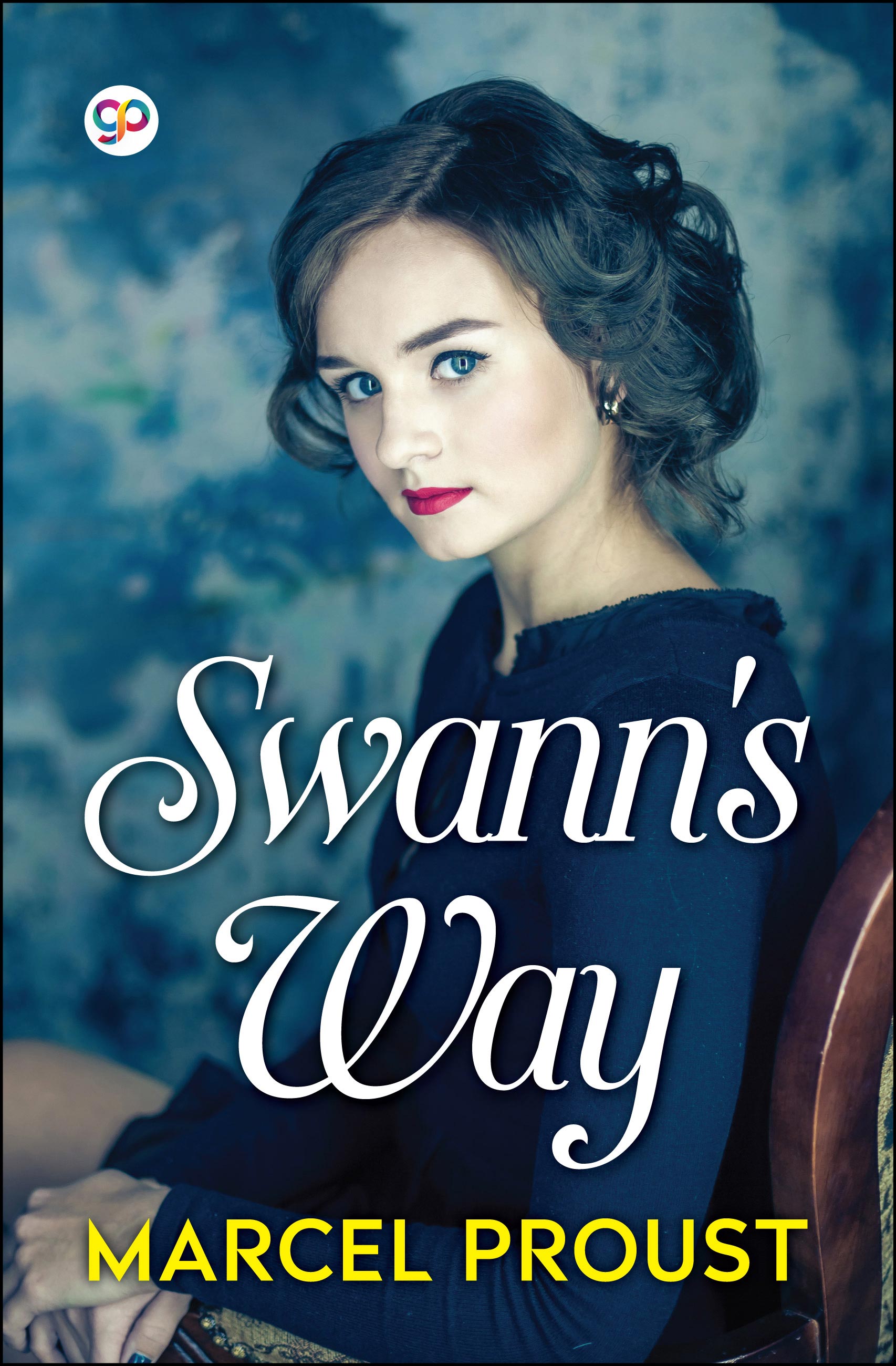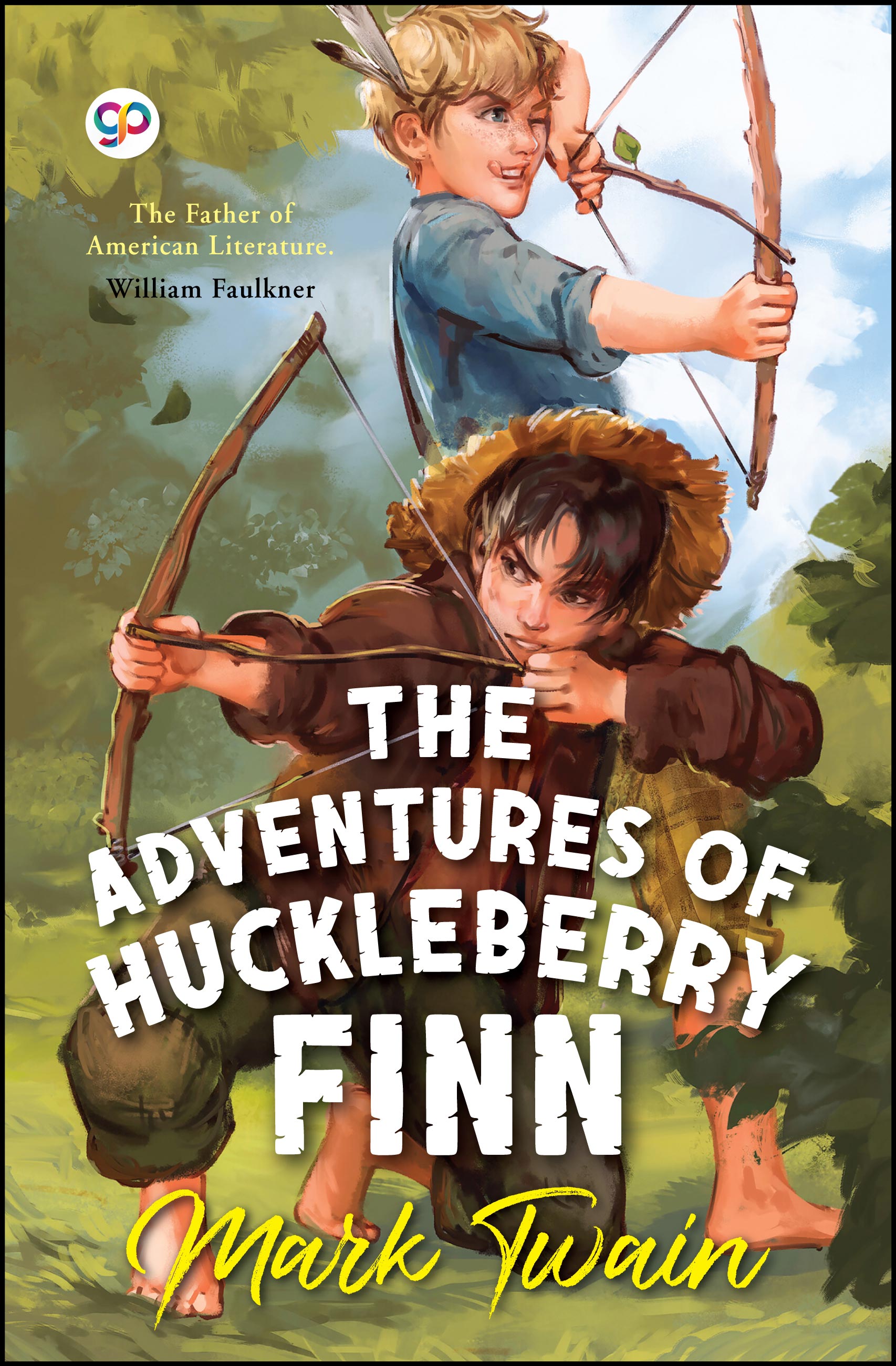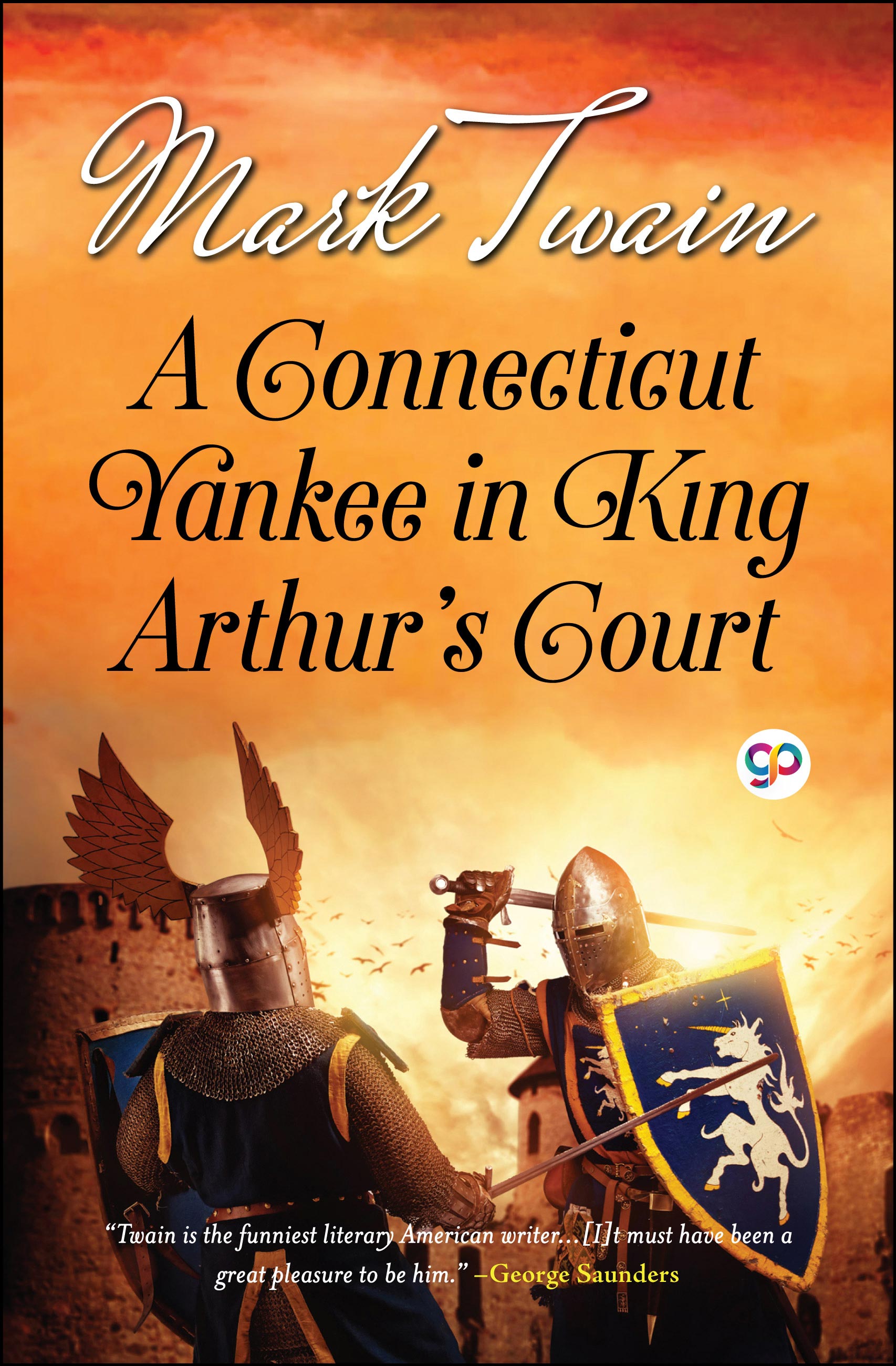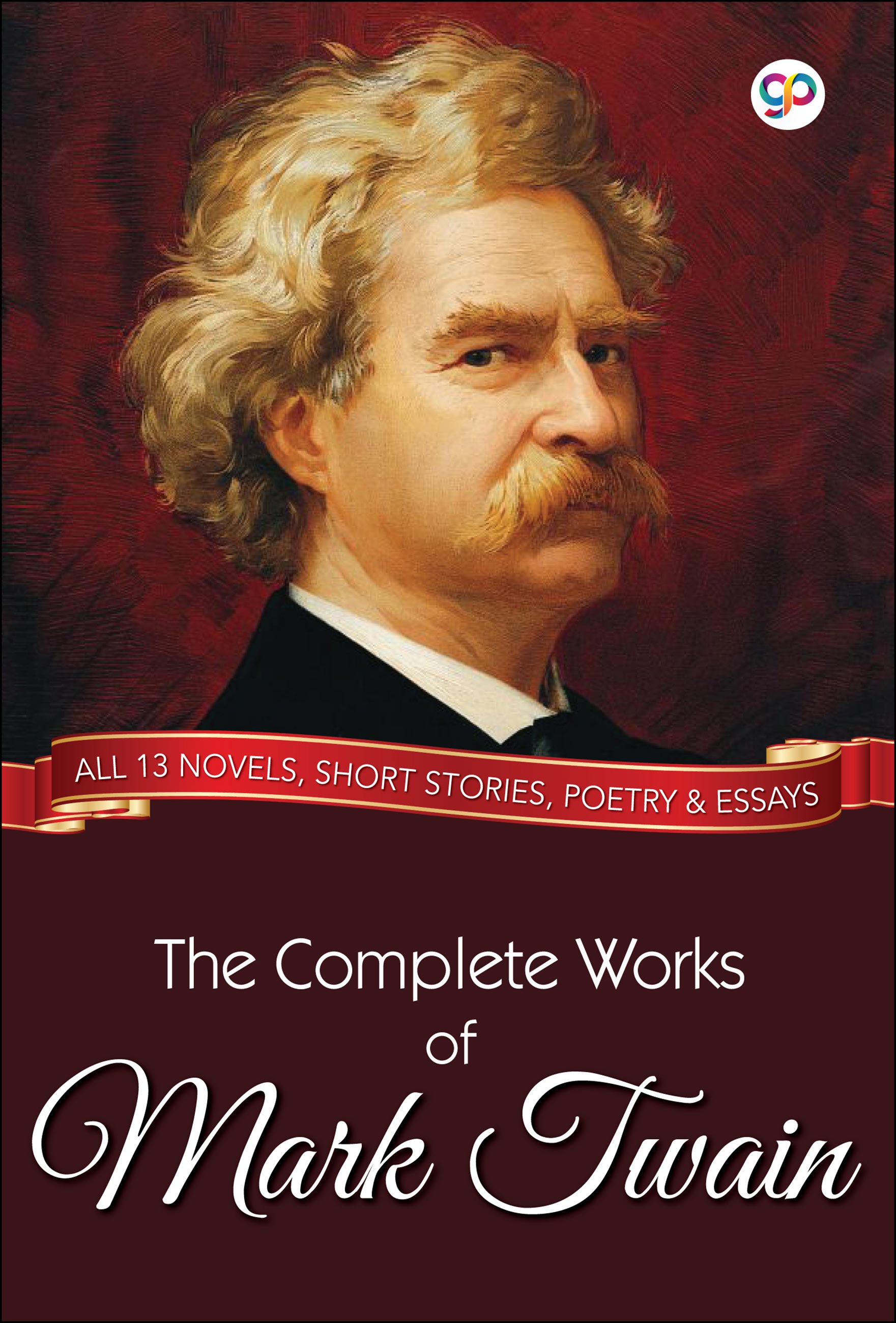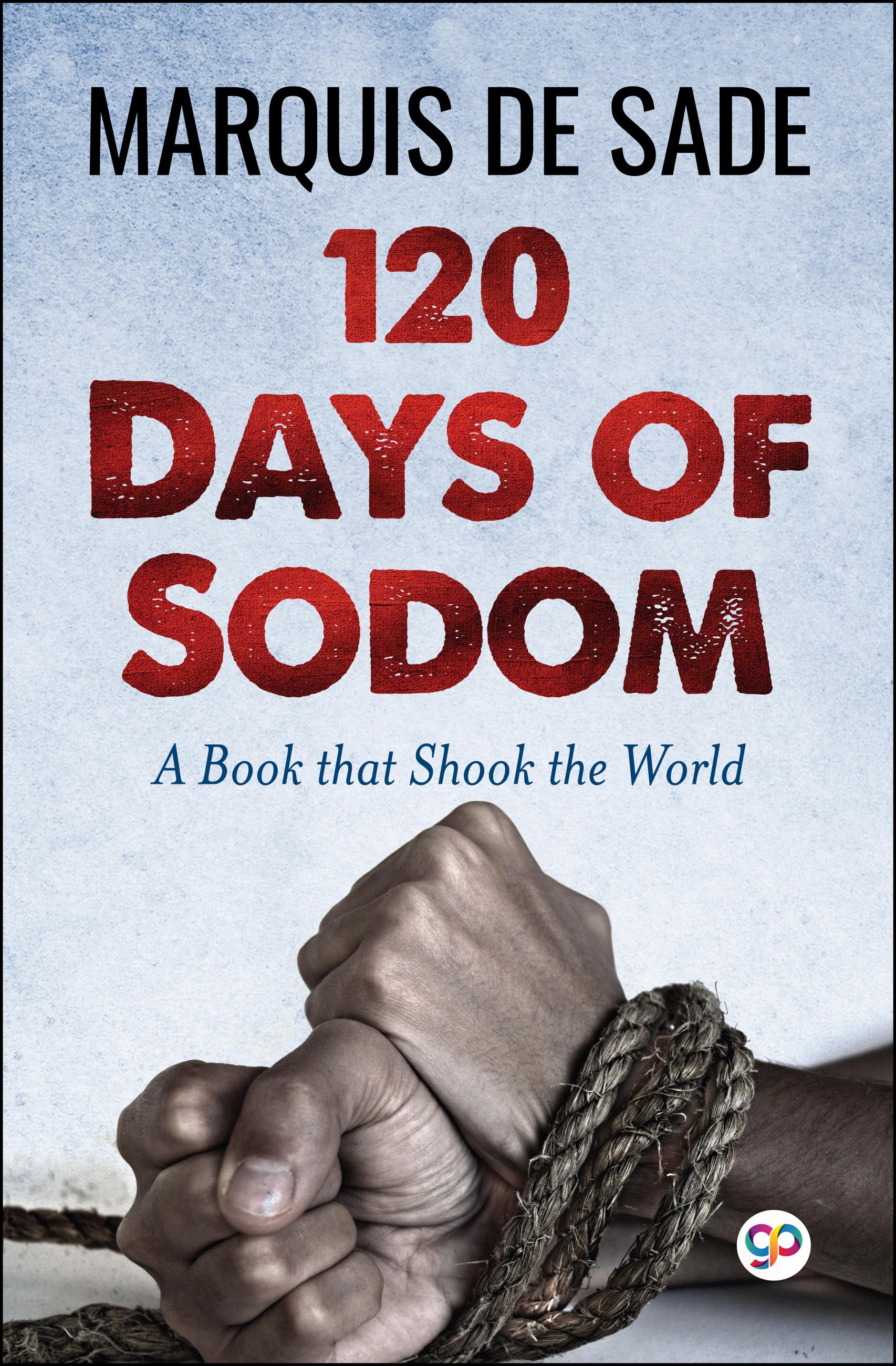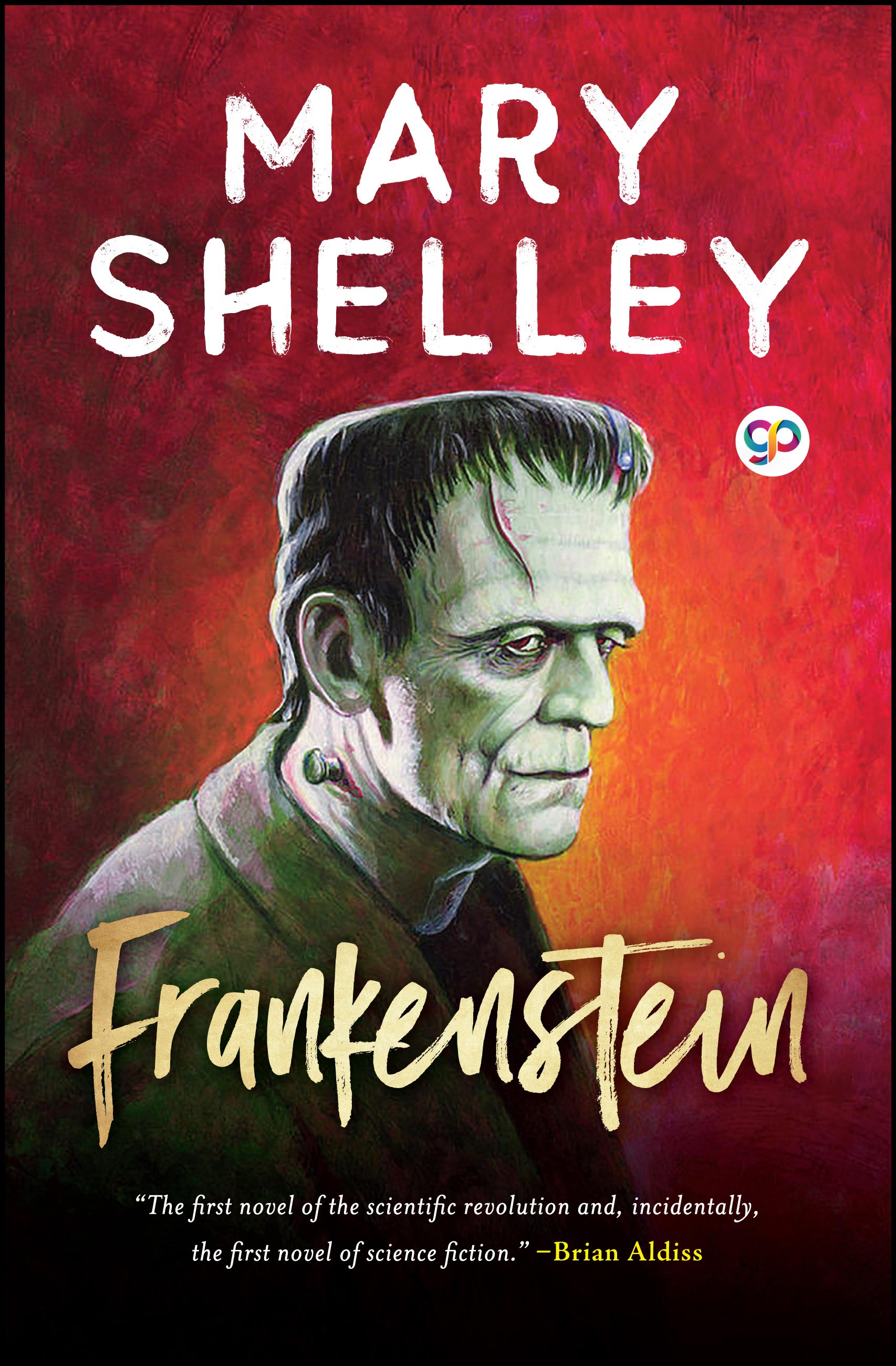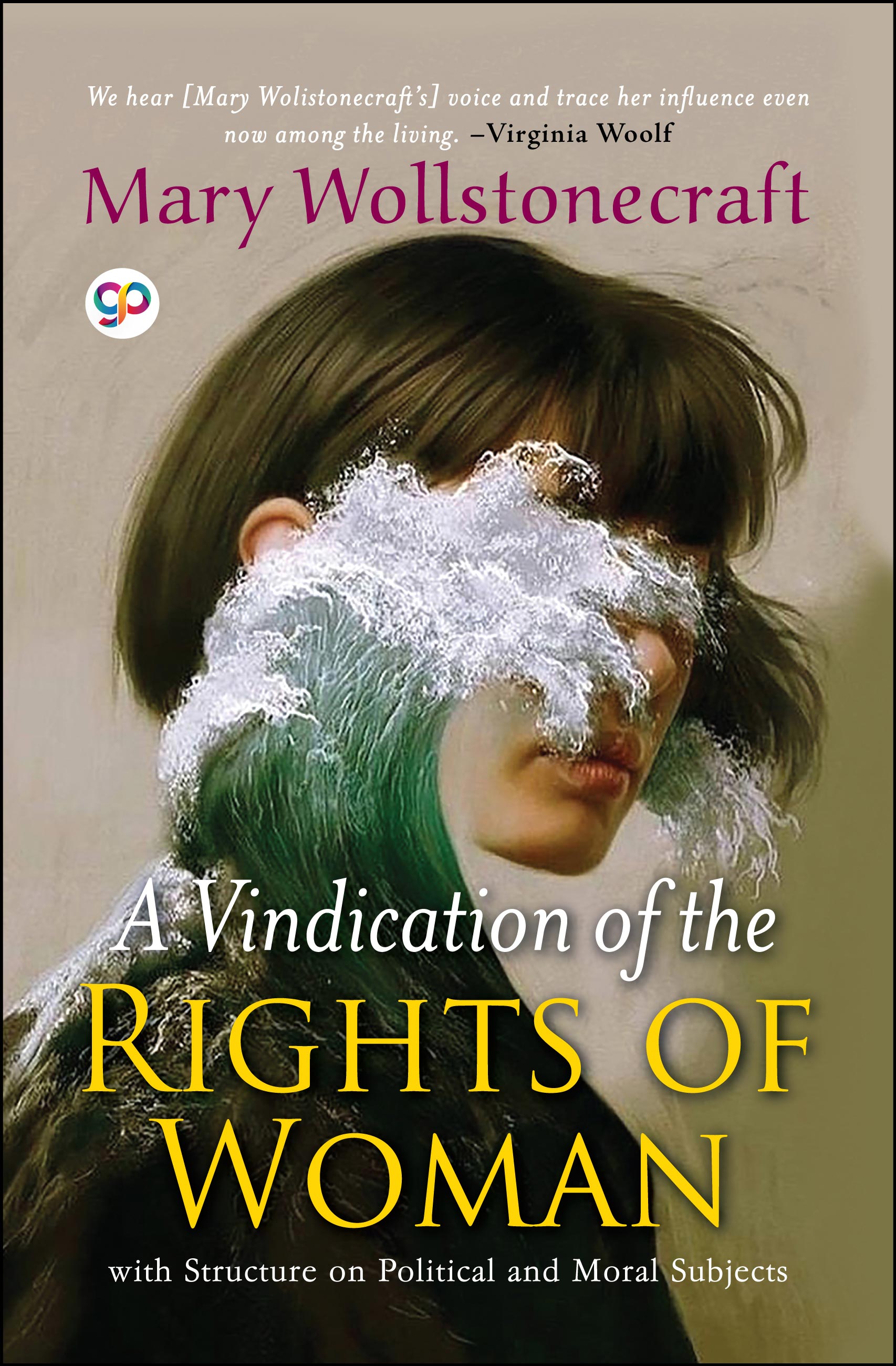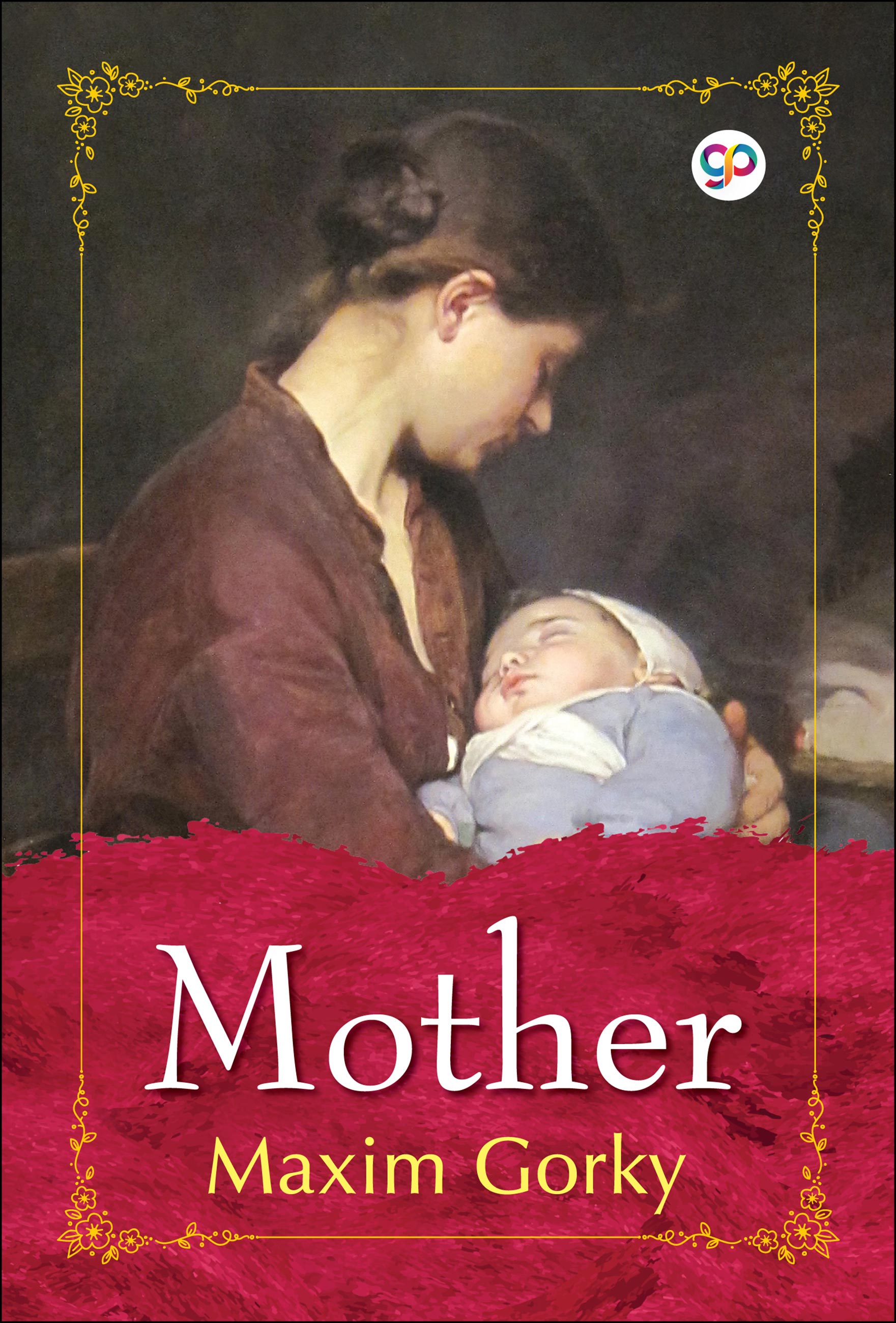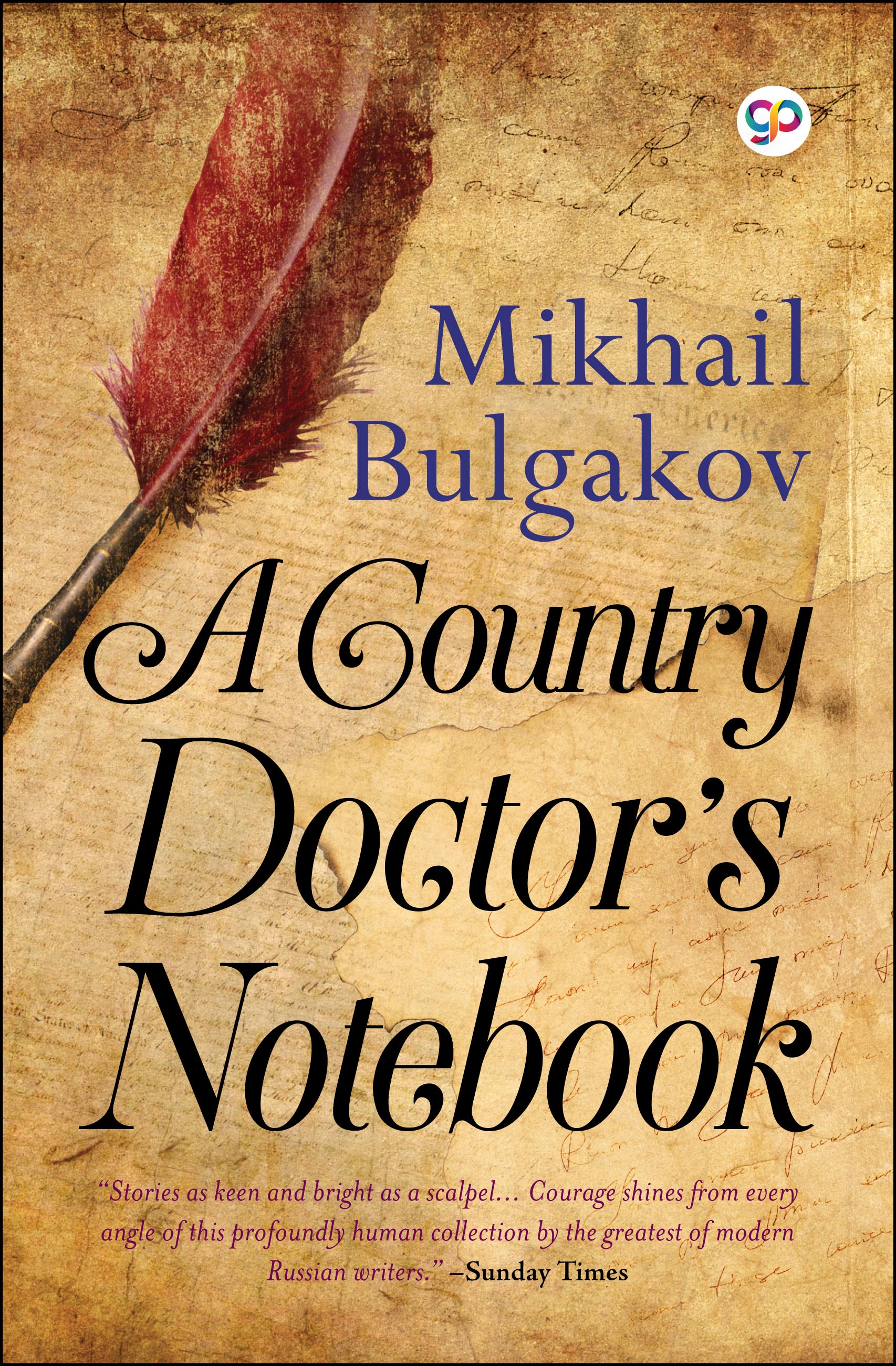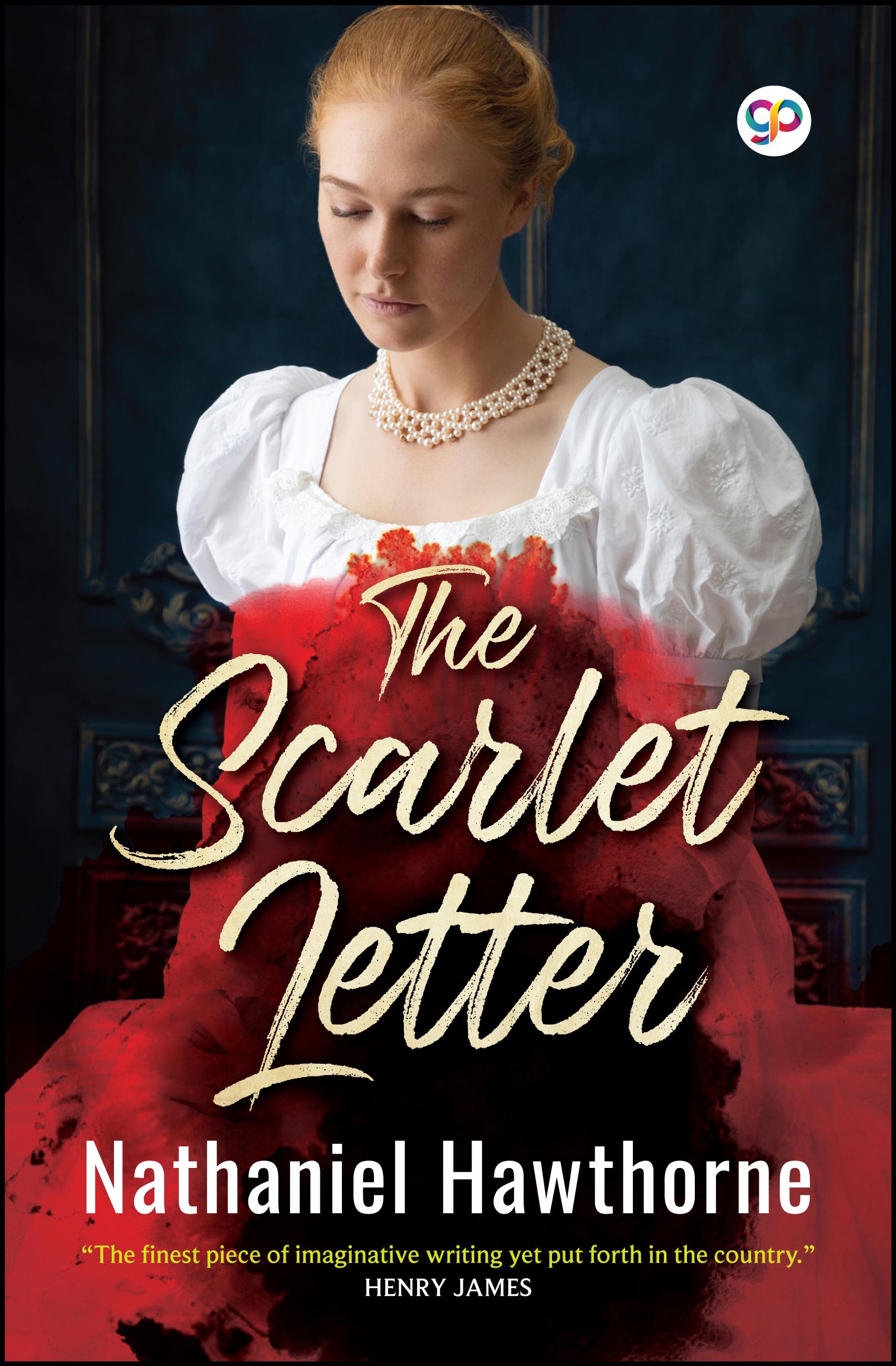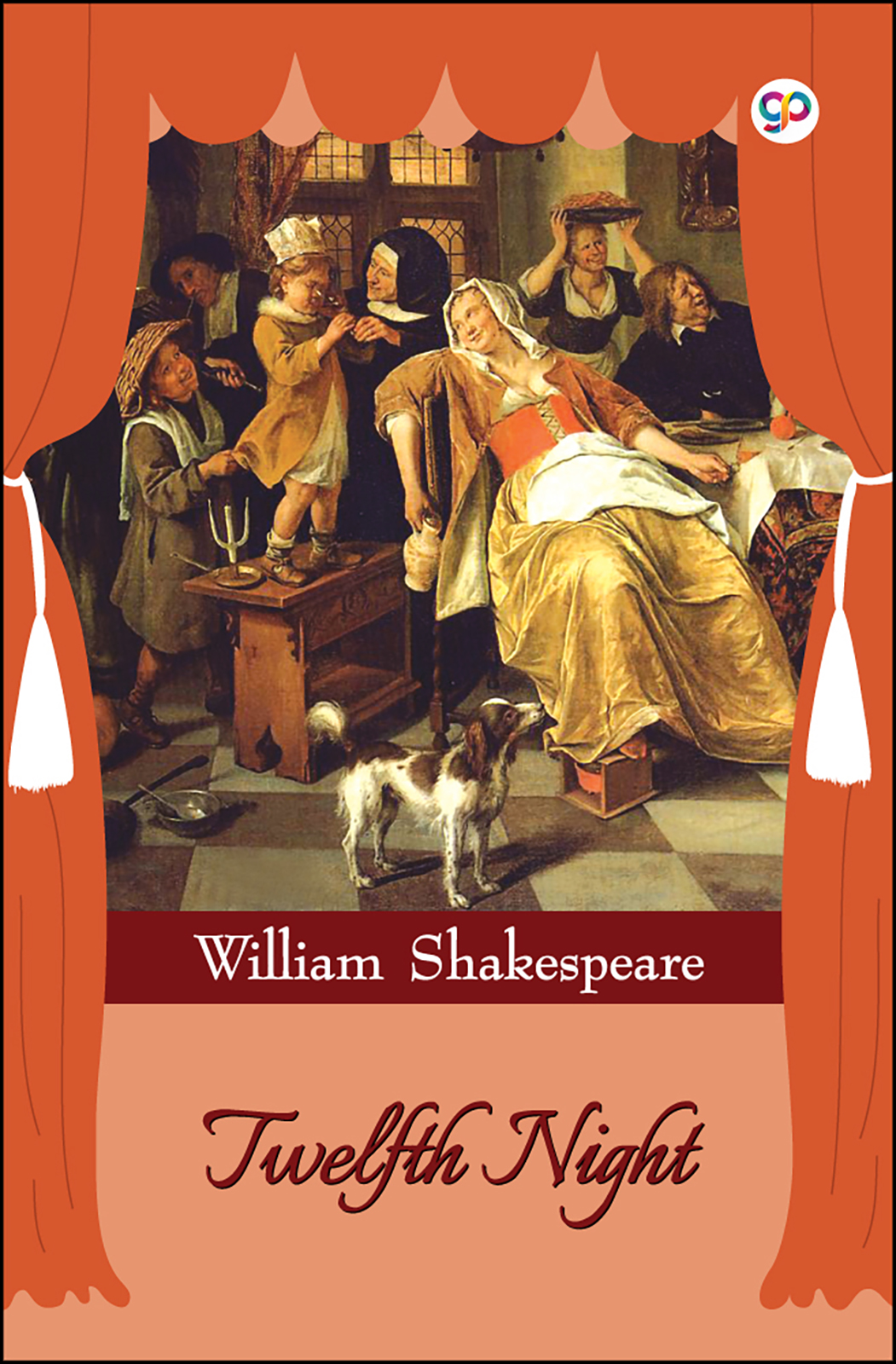
Twelfth Night (Hardcover)
First published in 1602, ‘Twelfth Night’ is an amusingly comic tale of faulty identities by William Shakespeare, an English playwright, poet, and actor. He is widely considered the most splendid writer in the English language and the world’s most remarkable dramatist. It twists around the physical resemblance between Sebastian and his twin sister, Viola, each of whom, when separated after a shipwreck, believes the other to be dead. The dramatic fling begins when Viola assumes the identity of Cesario, a page in the household of the Duke of Orsino. The Duke is fascinated by Countess Olivia, who spurns him for the newly arrived young page. The subsequent confusion—all of which is pleasantly settled when Viola and Sebastian meet once again. Sufficed with some of the most satisfactory comedic scenes in the English language, this delightful masterpiece remains one of Shakespeare's most popular and most performed comedies.
BEST SELLERS
About the Author
William Shakespeare (baptised 26 April 1564) was an English poet and playwright, widely regarded as the greatest writer in the English language and the world's pre-eminent dramatist. He is often called England's national poet and the 'Bard of Avon' (or simply "The Bard"). His surviving works consist of 37 plays, 154 sonnets, two long narrative poems, and several other poems. His plays have been translated into every major living language. Shakespeare was born and raised in Stratford-upon-Avon. Scholars believe that he died on his fifty-second birthday, coinciding with St George’s Day. At the age of 18 he married Anne Hathaway, who bore him three children: Susanna, twins Hamnet and Judith. Between 1585 and 1592 he began a successful career in London as an actor, writer, and part owner of the playing company the Lord Chamberlain's Men, later known as the King's Men. He appears to have retired to Stratford around 1613, where he died three years later. Shakespeare produced most of his known work between 1590 and 1613. His early plays were mainly comedies and histories, genres he raised to the peak of sophistication and artistry by the end of the sixteenth century. Next he wrote mainly tragedies until about 1608. He was a respected poet and playwright in his own day, but his reputation did not rise to its present heights until the nineteenth century. The Romantics, in particular, acclaimed Shakespeare's genius, and the Victorians hero-worshipped Shakespeare. In the twentieth century, his work was repeatedly adopted and rediscovered by new movements in scholarship and performance. His plays remain highly popular today and are consistently performed and reinterpreted in diverse cultural and political contexts throughout the world.
Read Sample
Characters in the Play ORSINO, ‘Duke of Illyria’. OLIVIA, a countess. VIOLA, who disguises herself as Cesario. SEBASTIAN, Viola’s twin brother. ANTONIO, friend of Sebastian. SIR TOBY BELCH, kinsman of Olivia. SIR ANDREW AGUECHEEK, Sir Toby’s companion. MALVOLIO, Olivia’s steward. MARIA, Olivia’s maid. FABIAN, member of Olivia’s household. CLOWN (Feste), Olivia’s jester. VALENTINE and CURIO, gentlemen attending Orsino. CAPTAIN of ship, friend of Viola. OFFICERS serving Orsino. SERVANT to Olivia. PRIEST. LORDS, SAILORS, MUSICIANS and ATTENDANTS. Act 1 Scene 1. A room in the duke’s palace. Music. Enter ORSINO, Duke of Illyria, CURIO and other LORDS. The music ceases. DUKE : If music be the food of love, play on, Give me excess of it; that, surfeiting, The appetite may sicken, and so die. [Music resumes.] That strain again! It had a dying fall: O, it came o’er my ear like the sweet sound That breathes upon a bank of violets, Stealing and giving odour. Enough, no more! ’Tis not so sweet now as it was before. [Music ceases.] O spirit of love, how quick and fresh art thou, That, notwithstanding thy capacity Receiveth as the sea, nought enters there, Of what validity and pitch soe’er, But falls into abatement and low price Even in a minute. So full of shapes is fancy, That it alone is high fantastical. CURIO : Will you go hunt, my lord? DUKE : What, Curio? CURIO : The hart. DUKE : Why, so I do, the noblest that I have: O, when mine eyes did see Olivia first, Methought she purged the air of pestilence; That instant was I turned into a hart, And my desires, like fell and cruel hounds, E’er since pursue me. Enter VALENTINE. How now, what news from her? VALENT. : So please my lord, I might not be admitted, But from her handmaid do return this answer: The element itself, till seven years hence, Shall not behold her face at ample view; But like a cloistress she will veilèd walk, And water once a day her chamber round With eye-offending brine: all this to season A brother’s dead love, which she would keep fresh And lasting, in her sad remembrance. DUKE : O she that hath a heart of that fine frame To pay this debt of love but to a brother, How will she love, when the rich golden shaft Hath killed the flock of all affections else That live in her; when liver, brain and heart, These sovereign thrones, are all supplied and filled, Her sweet perfections, with one self king! Away before me to sweet beds of flowers: Love-thoughts lie rich, when canopied with bowers. [Exeunt.

